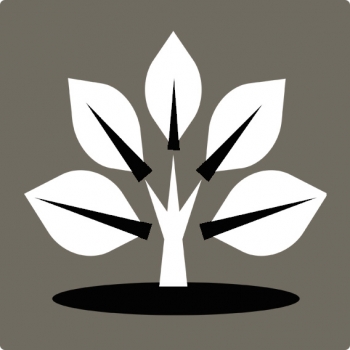

 Bosnie-Herzégovie: Securing Access to Water through Institutional Development and Infrastructure
Bosnie-Herzégovie: Securing Access to Water through Institutional Development and Infrastructure
Access to safe drinking water in BiH is well below European standards. Water supply and quality is only adequate in large urban centers; in many smaller cities and rural areas, residents have to pay high prices for water delivered with tankers by private vendors. The Joint Programme's objective was to secure access to safe water for all citizens in Bosnia and Herzegovina by strengthening government capacity, increasing investments in the water supply sector and including poor populations in water planning and policy.
The programme focused on three levels of stakeholders -- the rights holders (citizenry), the service providers (utilities), and the duty-bearers (governments) -- to achieve the following objectives:
- Improving the inclusion of citizens in decision-making processes;
- Improving the economic governance of water utilities while sensitizing consumers to pay their bills; and
- Increasing the capacities of governments for evidence-based policy making and resource planning.
Specifically, programme interventions addressed the lack of strategic financial plans in participating water utilities and municipalities and enabled them to apply for funds to finance them. It also addressed the dearth of analysis of fee collection structures, technical/infrastructure needs and financial performance. It called for the building of sustainable mechanisms to ensure citizens’ participation in decision-making processes and it improved higher-level government’s ability to support municipal authorities through an improved policy framework.
Main achievements included:
- The programme helped to develop the format for Multisector Municipal Boards (MMBs), later formalized as Commissions for the Promotion of Social Protection which bring together utility and social service providers and nongovernmental organizations (NGOs) at the partner municipalities. This provided a forum for a better mutual understanding of the needs and constraints of various stakeholders, helping to develop and implement actions which assisted vulnerable households, including in relation to their access to and affordability of water services.
- Trainings were provided to the Commissions in Human Rights Based Approaches (HRBA), including social protection issues, capacity building, support for the development of their Actions plans and funding of selected measures from the plans.
- Through the work of the Commissions, the water utilities got more exposure to the needs of the poor and the residents; the latter obtained better insights into the work of the water utilities. Nearly 100 vulnerable households in four municipalitoes received subisidies for their water bills and assistance to getting connected to a centralized water supply.
- The programme provided capacity building for the water utilities, as well as training of the staff both at the companies and municipalities, water supply studies and small infrastructure projects in each municipality, all of which led to improvements in the performance of the utilities.
- With JP support, the performance of the local governance structures for social protection were improved, through developing and testing the vulnerability criteria and establishing referral mechanisms for the protection of the rights of vulnerable households. The development of the vulnerability criteria was an important testing ground in improving social assistance systems and feeds into current reforms plans.
Click here for more detailed results from the Joint Programmes in Bosnia and Herzegovina.




